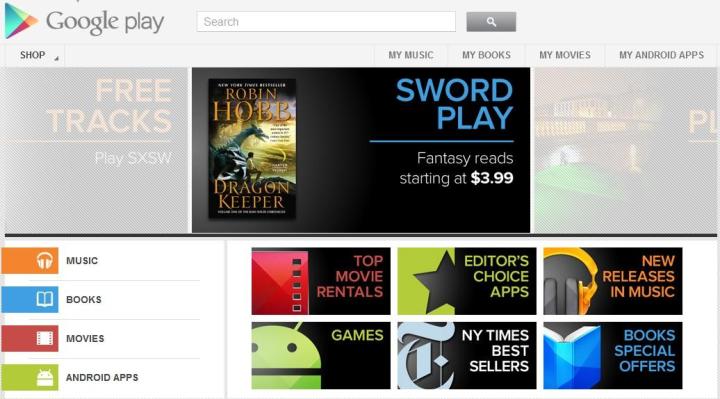
A malicious cloned banking app has cast doubt on the security of the Google Play store. In a blog post, mobile security company Lookout announced that it uncovered malware that steals user credentials.
The cloned app, called BankMirage, targets customers of an Israeli financial institution called Mizrahi Bank. According to Lookout, the creators of the malware put a wrapper around the bank’s legitimate app and redistributed the clone in the Google Play Store.
When a user opens the app, a login form is loaded and the app collects user IDs as credentials are being entered. Once the user ID has been stolen, the app displays a login failed message and directs users to reinstall the official Mizrahi Bank app from the Play Store.
Oddly, the creators of the cloned app only target user IDs, not passwords. In the code for the malware, the developers inserted a comment that directs the software to only collect user IDs.
“Unfortunately, with an app that sneaks into the Google Play Store, it’s hard to use traditional means to protect yourself. For example, looking to see if this is a developer you trust, or making sure your phone has ‘Unknown sources’ is unchecked to prevent dropped or drive-by-download app installs,” the Lookout report reads.
“You can, however, go on some instincts. For example, if you see a duplicate of the app you’re trying to download, one might not be legitimate. You can otherwise keep yourself safe by installing an app-scanning security solution on your phone, such as Lookout.”
The discovery comes just days after researchers announced a major security flaw in the Google Play Store itself. The bug, which was unveiled by experts from Columbia University, affected secret keys in Play Store software. The researchers created an app called PlayDrone and found that developers stored secret keys in apps, which is said to be tantamount to writing the PIN number on ATM cards. The information can be used to steal user data from social networks like Facebook.
Lookout has alerted Google to the BankMirage malware. The app has since been removed.
